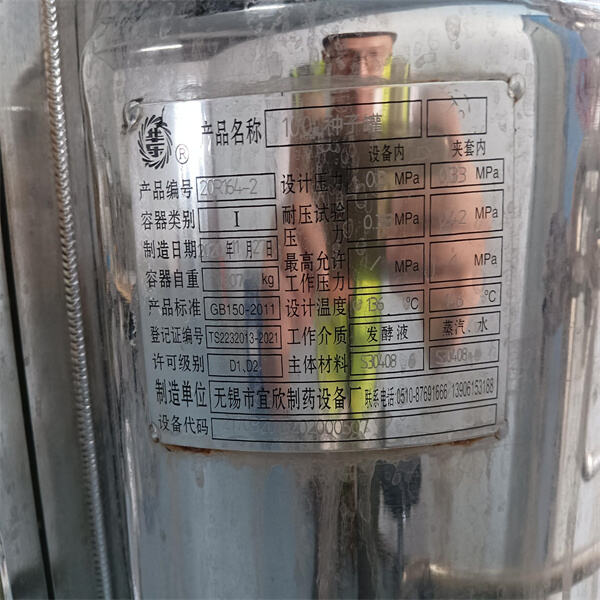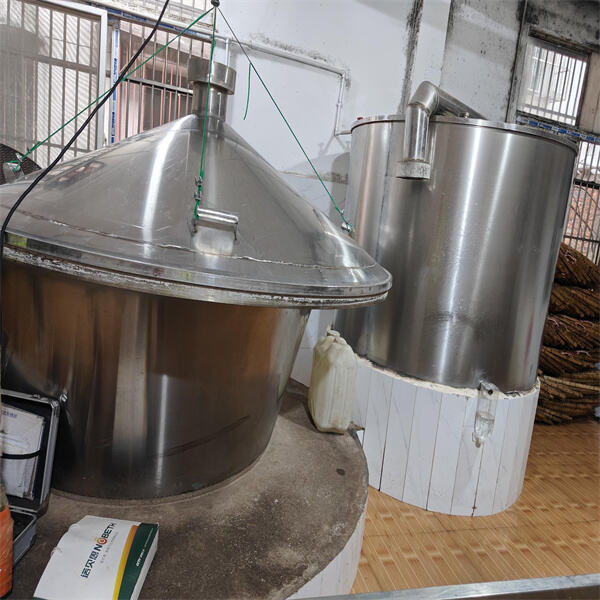High pressure boiler — this is a special equipment for generating steam from hot water. It functions as a closed system, which means that all of the water remains intact and does not escape. When excessive decompression occurs, the pressure in a high pressure boiler is highlier than atmosphere pressure. That's the importance of this steam as we can use it to heat our houses, generate electricity, or in factories to make something. But, regular testing of the water is essential to ensuring safe and effective operation of high pressure boilers.
Water parameters are various things we check that determine whether the water is good for high pressure boilers or not. Monitoring these parameters gives us an ability to determine whether the water quality conditions are good enough for the boiler to use. Key Water Parameters Include:
pH: This indicates whether the water is acid (sour) or basic (not sour). A low pH means the water is overly acidic, which can damage a boiler's metal components. When this pH is too high, the water can leave hard deposits on the tubes that can create problems.
Hardness — Hardness is a measurement of the amount of calcium and magnesium that are present in your water. Well, when water is too hard, it becomes harmful.solution to the problem, it blocks the tubes, making it difficult for the boiler to do its job.

High pressure boilers require good water quality to operate. Many problems can arise when water quality is poor, including loss of efficiency, increased energy consumption, or even equipment breakdowns. The water becomes acid and eats away at the boiler tubes causing leaks if the pH levels are too low. This could cause severe safety problems and expensive repairs. Conversely, if the pH is too high, it can form scale deposits on the tubes that will make it difficult for the boiler to do its job of transferring heat.

Likewise, if the dissolved oxygen level is excessive, corrosion will also occur on the metal parts. This rust can eventually corrode the boiler and cause premature failures. Excessive conductivity may result in the scaling and fouling of boiler tubes, decreasing heat transfer efficiency and possibly affecting the operation of the boiler.

The water parameters must be observed and controlled as most of the time there are certain tips that should be followed to keep the high-pressure boilers going well and are also safe. Here are few practices that you should keep in your mind.

Зохиогчийн эрх © Hubei Nobeth Machinery Manufacturing Co., Ltd. Бүх эрх хуулиар хамгаалагдсан